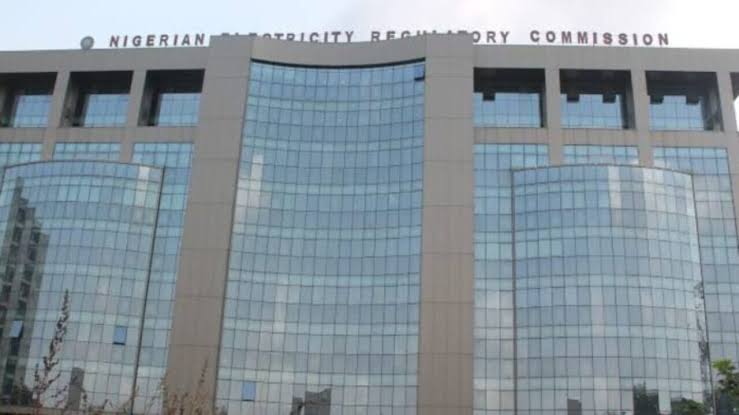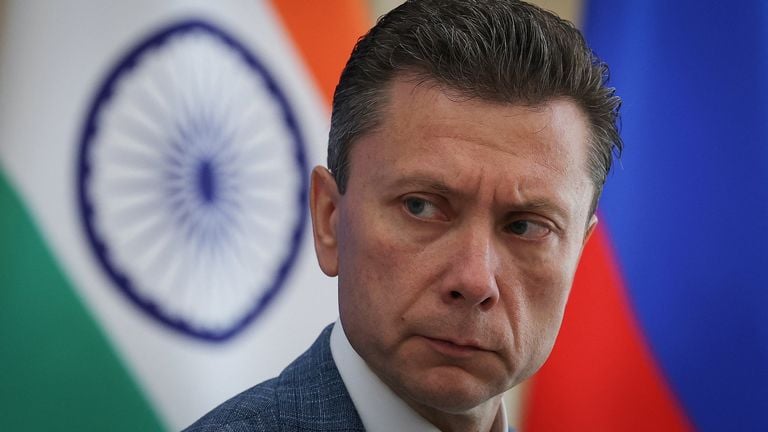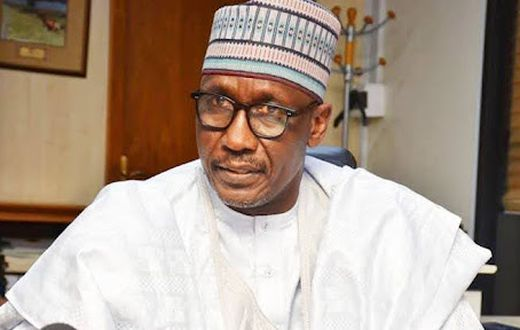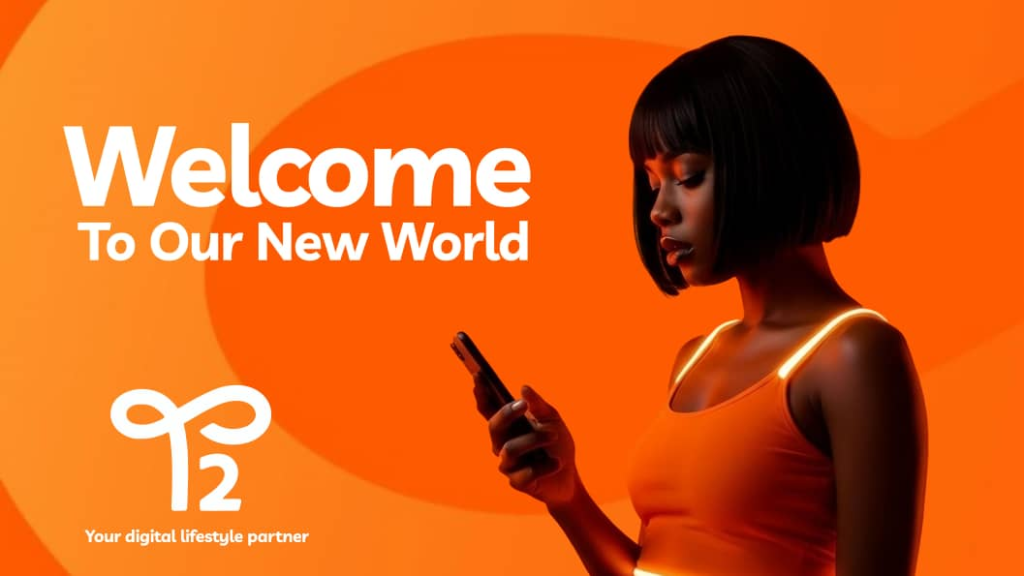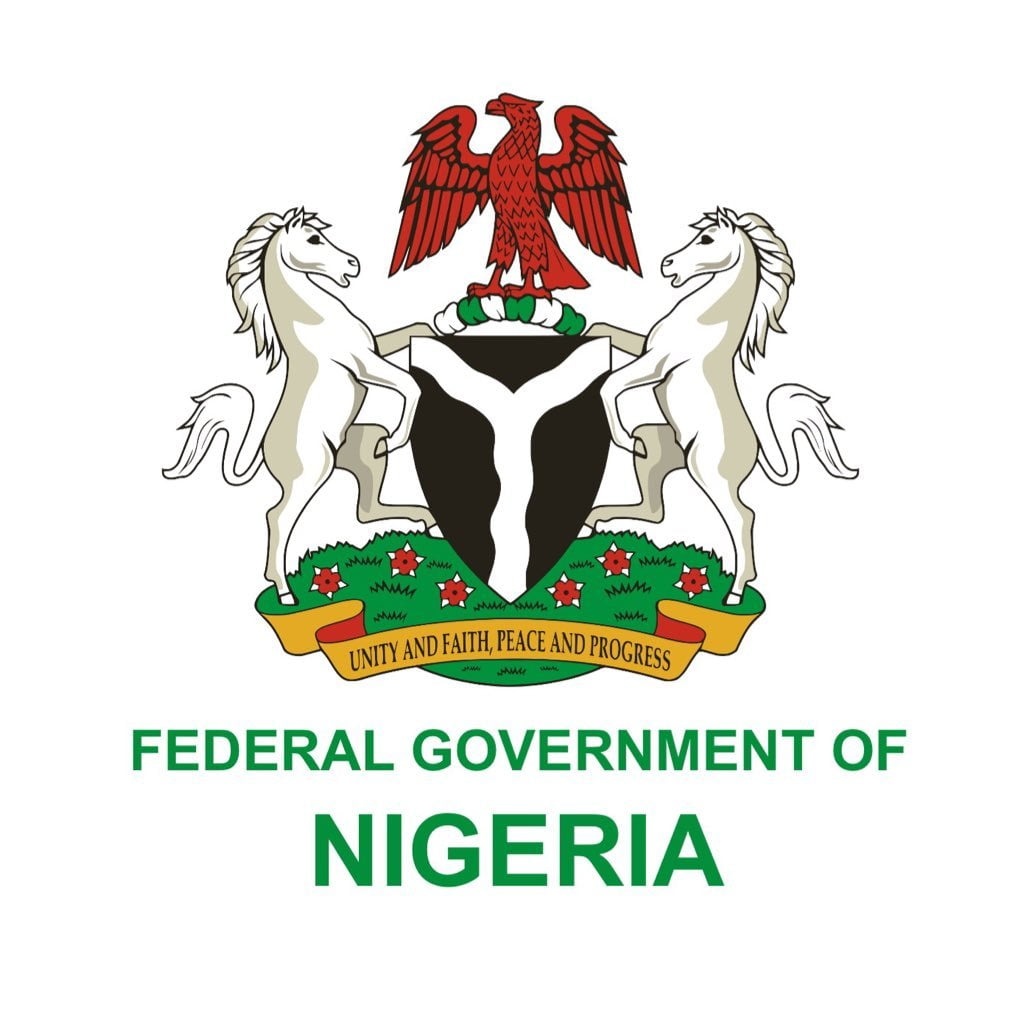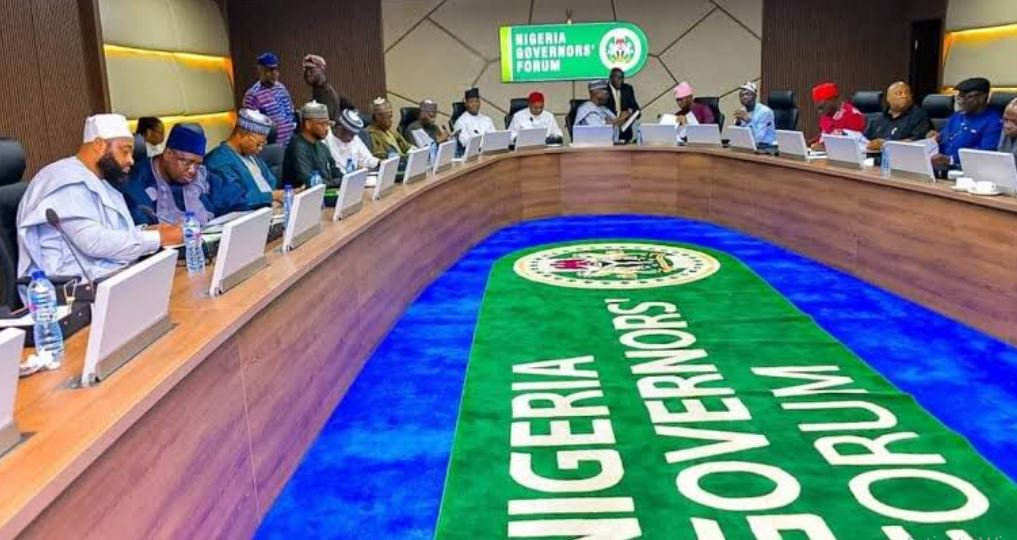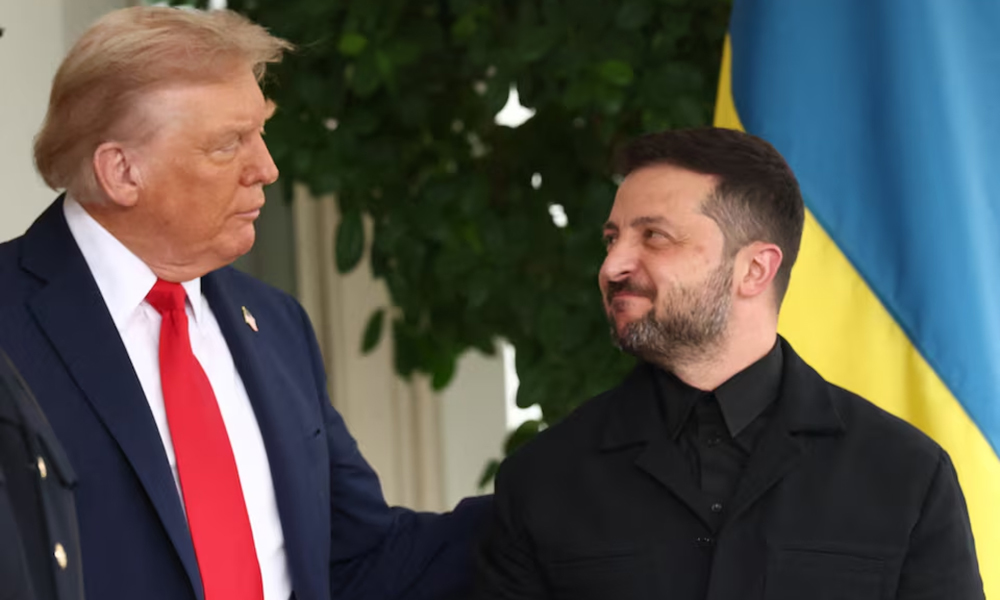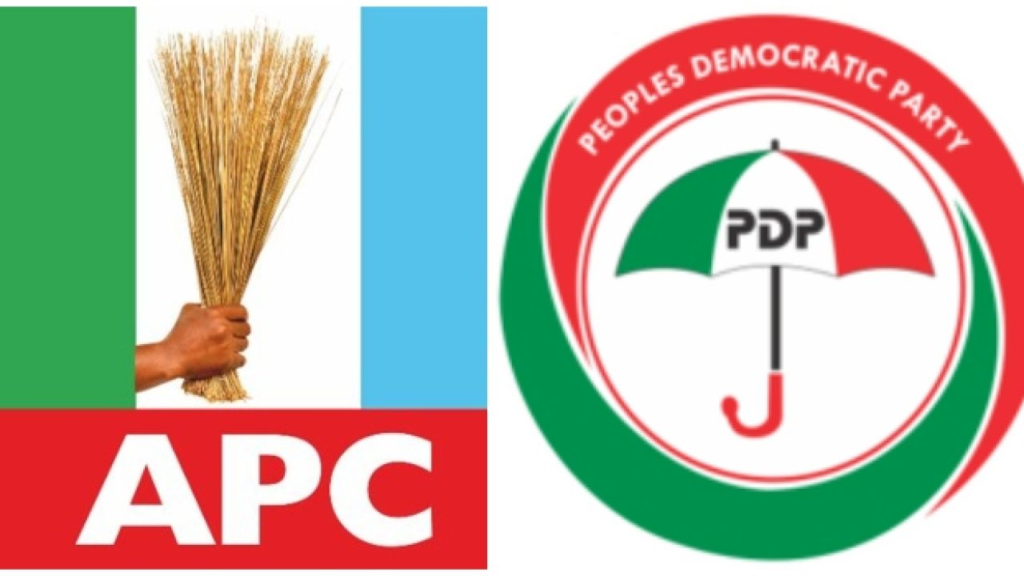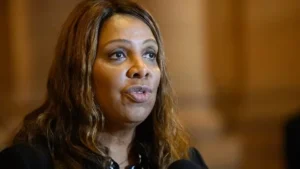After it confirmed that electricity distribution companies had not implemented the intended national increase in the tariff payable for electricity, power consumers expressed relief on Saturday.
On Sunday, June 25, 2023, a number of power distribution companies announced that starting on July 1, 2023, there would be a 40% hike in tariffs.
The Discos, however, changed their minds the next day in response to harsh criticism, claiming that the Nigerian Electricity Regulatory Commission had not yet given its approval to the planned increase.
However, the development raised concerns among power consumers as many prepaid customers rushed to add more units to their meters in preparation for the planned increase in price.
It was, however, observed on Saturday, being July 1, 2023, that the Discos did not raise the tariff.
Findings showed that the tariff for power users on Band A, for instance, which stood at N68/kilowatt-hour as of Tuesday, June 27, 2023, remained the same on Saturday.
The halt in the tariff hike was also confirmed by some residents of the Federal Capital Territory, as they expressed relief over the development.
“It’s a huge relief for many of us, because it would have been terrible if they (Discos) had increased the tariff by 40 per cent as they earlier proposed,” Innocent Utulu, who resides in Kubwa, FCT, stated.
Another resident, Gbemisola Kenny, said, “Many people are finding it tough to cope with the over 150 per cent rise in petrol price, and they want to add another 40 per cent increase in electricity tariff? That would have been economically disastrous if it was implemented.”
Meanwhile the President, Nigeria Consumer Protection Network, and coordinator, Power Sector Perspectives, Kunle Olubiyo, confirmed the halt in the proposed tariff hike by the Discos, but told our correspondent that it might be raised quietly in the near future.
He stated, “Tariff adjustments happen every six months. However, most of us just concluded that the six months was supposed to end on June 30, 2023, and that with effect from July 1, there might be an upward review.
“However, that is not sacrosanct; there is nothing in the books that says it has to be July 1. But, of course, in this month of July, somewhere along the line before this month ends, you may load credit and notice some adjustment.
“We have seen that in the past. There was supposed to be an increase in September 2020, it didn’t come immediately. But between December 2020 and January 2021, the increase was made quietly that now brought the rate for Band A from N24/kwh to N56/kwh, before it was quietly raised again to N68/kwh.”
According to the Nigerian Electricity Regulatory Commission’s Multi Year Tariff Order, which addresses tariff reviews in the sector, electricity rates are supposed to be revised every six months.
In January of this year, the last tariff rise went into force. This suggests that the power customers’ tariff from January to June will be evaluated, and a new one should go into force this month.
The NERC reviews the tariff based on the MYTO and takes into account a number of economic variables, such as the rate of inflation, the value of the dollar relative to other currencies, the amount of available power generation capacity, the price of gas, and any adjustments to capital expenditures.
Operators project that the high rate of inflation, coupled with the recent floating of the naira, among other factors, will see to an estimated rise of about 40 per cent in electricity tariff by July should the MYTO be implemented.
Ada Peter

